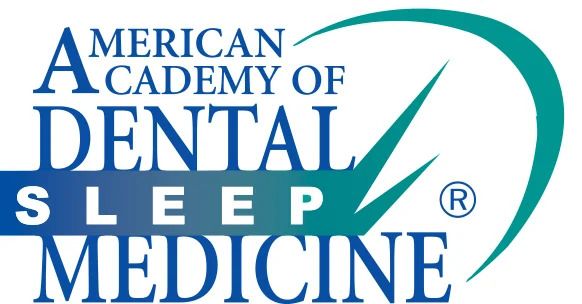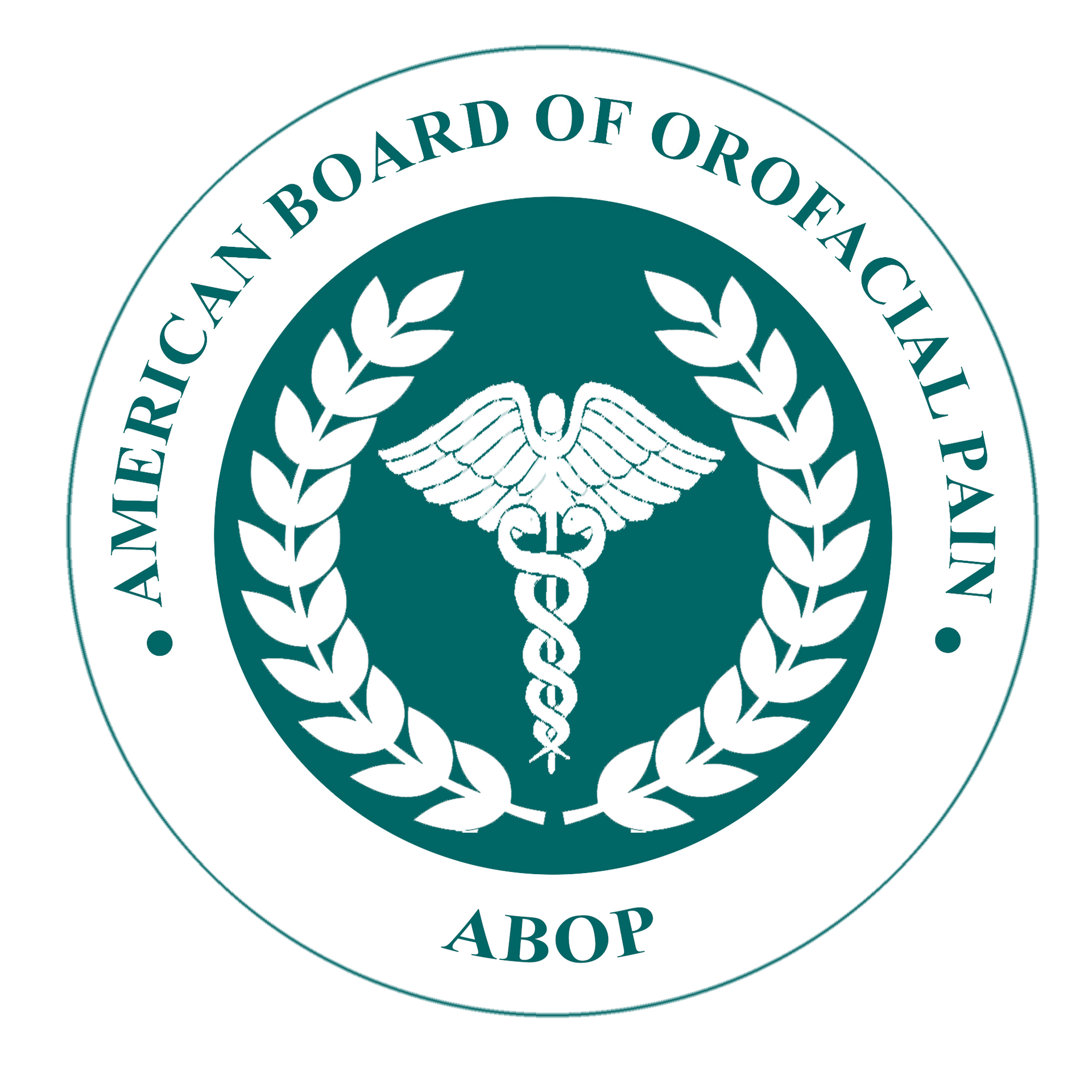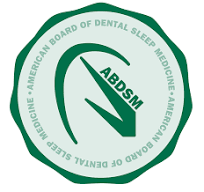TMD & TMJ Symptoms
Are you experiencing TMJ pain symptoms? Chronic headaches and muscle fatigue can impact every moment of the day: from your upcoming conference call to a lunch date with friends.
When your TMJ disorder symptoms are so severe that you can’t eat or talk comfortably, you need the help of a TMJ disorder (TMD) specialist like Dr. Phillips, who helps hundreds of people treat their TMD symptoms each year from our practice in The Woodlands, TX.

Common Temporomandibular Joint Disorder (TMD) Symptoms
How can you know whether or not the painful symptoms you’re experiencing are actually due to TMJ disorder?
If the pain is most noticeable after eating, chewing, or gritting your teeth and TMJ tends to flare up at times, like when you wake up or while driving, there’s a good chance an overactive TMJ or joint abnormality is to blame.
Some TMJ Symptoms Include:
- Earaches or pain around the ears and temples
- Muscle tension in the neck, shoulders, face, or back
- Chronic headaches and migraines
- Dizziness or vertigo
- Tooth pain or sensitivity
- Throat pain
- Pain when you’re opening your mouth
- Discomfort when eating and chewing
- Limited jaw movement or difficulty eating
- Noticeable noises such as jaw popping, clicking, or grating sensations
Is it Possible to Have TMJ Dysfunction with No Symptoms?
It’s common for people to have an undiagnosed TMJ disorder because they aren’t aware that other symptoms they’re experiencing are related to TMD. In some situations, they’re so used to the TMJ symptoms that they aren’t noticeable.
If you’ve lived most of your adult life with a bite that feels “off” or a limited range of motion in your TMJ, you may not be aware of the symptoms that your body is trying to make you aware of.
Gradually, TMD can result in other complications that are more noticeable, such as flat or worn teeth and broken dental restorations. An imbalanced or misaligned bite may appear to require orthodontic correction, but it could also be contributing to TMJ disorder.
At Restore TMJ in The Woodlands, Dr. Phillips will fully evaluate multiple aspects of your oral function to determine the most responsible for your TMD, even if you’re unaware of the symptoms.
How Serious is it to Have TMJ Disorder?
Picture yourself with a damaged knee or wrist. How often would you notice the limited range of motion, stiffness, or pain during the day? Most people would have to change their routine because of how frequently these joints are used.
Like other parts of your body, your TMJ is a joint that moves hundreds, if not thousands, of times per day. For some people, it’s one of the most active joints in their body. Experiencing chronic fatigue and pain can ultimately lead to a debilitating TMJ disorder that makes it nearly impossible to eat normally or maintain a balanced diet.
As your TMJ disorder leads to secondary conditions like headaches or earaches, you may gradually see your quality of life decrease. Sleeping can become more challenging; you’re exhausted and frustrated throughout the day and may even exhibit sleep apnea symptoms.
Although TMD isn’t something outsiders can point out and recognize as a significant medical issue, only you and your TMJ specialist genuinely understand how debilitating the condition can be. Without therapeutic intervention, more invasive treatments may become necessary.
Are TMJ Symptoms Permanent? Can TMD be Cured?
Most TMJ symptoms are noticed during the earlier to moderate stages of TMD. When signs go overlooked and untreated, TMJ disorder can gradually lead to irreversible damage to structures inside the joint.
Fortunately, TMJ specialist Dr. Phillips in The Woodlands can help our patients treat their TMD using therapeutic and preventative approaches that reduce the need for more invasive surgeries. Over the past decade, she has treated thousands of TMJ patients to help them rediscover what it feels like to make it through the day pain-free.
To reduce your risk of TMJ surgery or more aggressive treatments, it’s best to be aware of TMJ symptoms and speak with a TMJ specialist about the warning signs as early as possible.
TMJ Disorder Resources:
- Sleeping with TMJ
- Who Treats TMJ Disorders?
- Imaging Options for Diagnosing TMJ
- Why Does My Jaw Hurt On One Side?
- What Does TMJ Pain Feel Like?
- Best Foods & Diet to Ease Your TMJ Pain
- The Long-Term Effects of Untreated TMD
- How are TMJ, Lockjaw, and Jaw Lock Related?
- What is a TMJ Flare-Up, and Can I Stop Them?
-2700x842-1920w.png)









